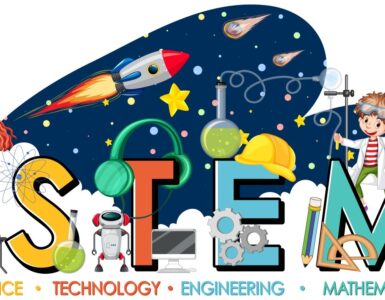The success of every school’s academic programme is dependent on its libraries. Academic libraries play an important part in the school environment, even though students and parents don’t always give them the credit they earn. Academic libraries in schools are free to students, teachers, and staff members. A library is an important information centre where students can improve reading habits and learn important life skills. It is required in order to sustain the programme and study. Well-stocked libraries serve both students and teachers in important ways. Let’s take a closer look at the role of academic libraries in the school setting.
Recognizing the significance of libraries:
Outside of the school
The primary purpose of a high school library is to promote numerous educational programmes. They also assist students in developing skills in finding, analysing, and using pertinent knowledge to write logical and convincing essays. When students are taught how to do research at a young age, they will have a vital ability that will aid them in their academic future. Students who started going to the library in elementary school had a simpler time in college or university, and tests suggest that they do well academically. Exposure to the merits of Wikipedia, Google Scholar, and ERIC are skills that would be useful in their scholarly careers.
The value of libraries in schools is that they encourage students to build a reading community, which leads to improved academic achievement. Great Lakes College is one of the best international colleges, with a strong academic record and a well-stocked library where students can expand their expertise.
Libraries include a range of books, journals, newsletters, videos, photos, audio materials, charts, and multimedia tools, among other things. True artefacts are also available in some libraries, which help students gain a greater understanding of their chosen subject while also facilitating discussion and collaboration between teachers and students. Both of these services provide a student with a wealth of knowledge. Beyond the classroom, students learn to read, speak, comprehend, and acquire more in-depth skills.
Teachers will profit from this.
Libraries are not only beneficial to pupils, but they are also beneficial to teachers. Teachers will get the resources they need to plan and help their lessons in the classroom. Libraries are important for teachers who want to impart applicable information to their students. Most school libraries are constantly upgrading their services to offer new material to supplement what is used in textbooks in the classroom. Teachers at the finest campuses, such as The Great Lakes College of Toronto, supplement the programme with external materials such as multimedia tools and new books.
Another reason for the relevance of school libraries in education is that schools cannot ignore the part librarians play in assisting both teachers and students. Librarians are an important resource in a library because they organise library items, share multimedia resources, and choose appropriate content. When librarians collaborate with students, they will drastically improve the teaching and learning environment. They should direct students to appropriate reading materials in order to broaden their awareness on a specific subject. Librarians also show students how to improve their study skills by teaching them how to find important content, collect data, objectively analyse, and compile the data they have gathered. It is the librarian’s job to assist students in navigating the library’s immense online services. Librarians are tour guides and have details.




























